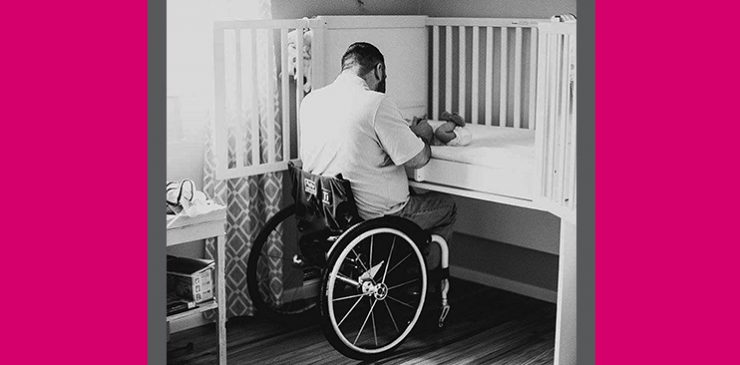These are just a few examples of the hundreds of assistive devices and technologies that The Tetra Society of North America has created for people with disabilities over the past 33 years. Tetra is a group of over 200 volunteers all throughout Canada who come together from different backgrounds to help find solutions to environmental barriers that people with disabilities face daily.
Computer, mechanical and structural engineers, carpenters, welders, sewers and others donate their time and talent to create devices and modifications that will help people lead a more inclusive and independent life. While some of these devices may already be out in the market, they are usually cost-prohibitive and offer a one size fits all approach. With Tetra, there is no catalogue to choose from in the hopes an item works. Their solutions are made with clients’ specific needs, abilities and circumstances in mind. The costs are nominal, and the Society will look for funding to offset some of the larger costs.
Their goal, Sylvia says, is to “have people with disabilities dream”.
A pilot project they are presently working on is netClé, an accessible computing interface that allows the user to navigate a cursor with touch or movement from a single finger, limb or even their head. This device, customizable to the client’s needs, allows individuals with mobility limitations to operate a computer independently. With the pandemic, netClé has been a welcome solution. It has helped people access information, communicate with others and reduce isolation.
Tetra was founded in Vancouver, BC, by Sam Sullivan, who sought a more inclusive life after an accident at 19 had him facing life with tetraplegia. A caring volunteer, Paul Cermak, devised some simple modifications to make Sam’s apartment more accessible. This revolutionized Sam’s life and gave him a sense of empowerment. He wanted to share this with others who needed assistance and that became the basis of the Tetra Society.
Sylvia Baliko, Tetra’s Regional Coordinator for Central Canada, joined SCIO’s recent virtual Peer Connections to explain how the non-profit organization works. The process is simple: you complete a request for assistance form on the tetrasociety.org website and head office forwards to a chapter coordinator near you who matches you with local volunteers to create the solution. In Ontario, there are chapters in Windsor, London, Guelph, Hamilton, Peel, York, Toronto, Kingston and Ottawa. However, Tetra’s reach is broad with chapters all throughout Canada that can ship and connect with you anywhere in the country. Their goal, Sylvia says, is to “have people with disabilities dream”.






